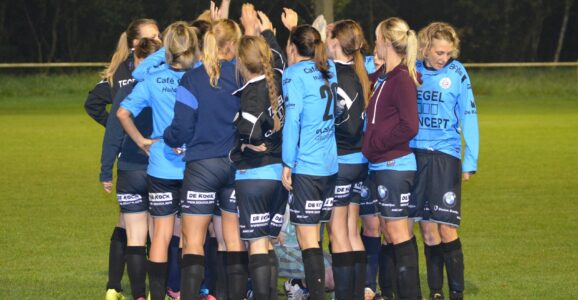Understanding and Addressing Feelings of Inferiority in Teenage Athletes
Feelings of inferiority can significantly hinder teenage athletes’ performance. Coaches play a crucial role in recognizing these issues and fostering a positive environment. By building confidence, teaching mental skills, and providing individual attention, coaches can help athletes overcome self-doubt, enhancing their performance and overall well-being both on and off the field.



